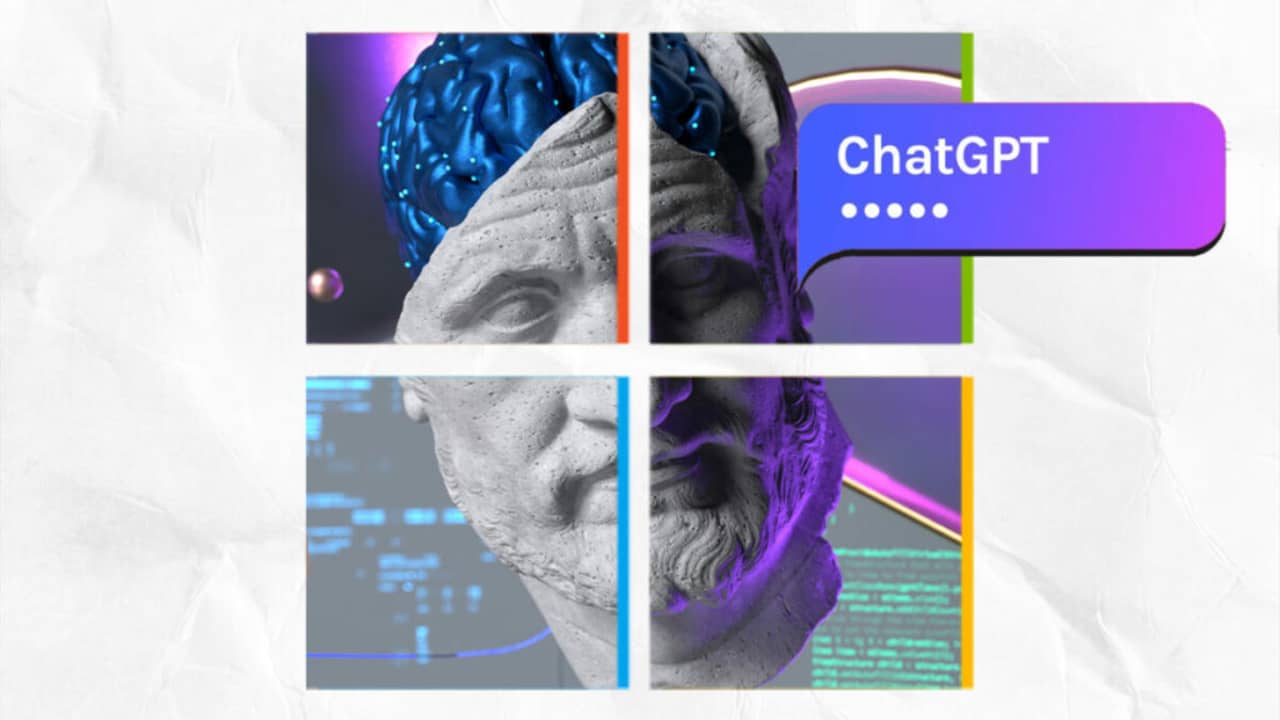News
ChatGPT, the new toy of fraudsters
Cybersecurity experts warn: artificial intelligences such as ChatGPT will be key to the increase in fraud and scams.

- February 16, 2023
- Updated: July 2, 2025 at 2:59 AM

Artificial intelligences such as ChatGPT continue to be talked about for all the potential they hold. Writing essays, poems or even songs are just some of the things ChatGPT can do. The problem is that cybercriminals also want to take advantage of what these tools have to offer.
Companies like Kaspersky have already started to warn about it. One of the many things ChatGPT can do is write computer code and it is feared that it can help develop malware. The truth is that you no longer need to be a computer expert to be able to create your own malicious application and tools like ChatGPT will make this task even easier.
According to Check Point, cybercriminals are already marketing malware developed with the help of ChatGPT. As a counterpoint, users are also increasingly protected, but this is still not much help against criminals who are also better prepared.

Fraudulent links and social engineering, the ingredients for phishing
However, there is an even more worrying factor: the use of ChatGPT for phishing. As explained on Kaspersky’s website, the chatbot “enables the creation of persuasive, personalized and mass phishing emails”.
Phishing is one of the most common frauds used by cybercriminals. The attacker impersonates a company or entity to trick the victim into providing their data or downloading any type of malware. These scams usually occur via email, but it is increasingly common to see SMS or even WhatsApp messages.
One of the most important aspects that we must take into account in order not to fall is to pay special attention to the message. These usually have numerous spelling mistakes and lexical errors, typical of an automatic translation. This is where ChatGPT comes in, since it is capable of writing text using natural language and without spelling mistakes. Therefore, we must remain vigilant at all times and pay attention to the warning signs.
Artist by vocation and technology lover. I have liked to tinker with all kinds of gadgets for as long as I can remember.
Latest from María López
You may also like
 News
NewsThe finale of Stranger Things will be shown in theaters and has already sold more than 1 million tickets
Read more
 News
NewsCreate retro-futuristic reels with Premiere Pro + Firefly
Read more
 News
NewsPluribus’ ending could have been much more bland, but an Apple executive suggested something else
Read more
 News
NewsIf there are no more Avatar movies, James Cameron knows how the story will continue
Read more
 News
NewsApple doesn't want its foldable iPhone to have wrinkles on the screen: is there a solution?
Read more
 News
NewsWe already know who will be the director of the Sleeping Dogs movie
Read more